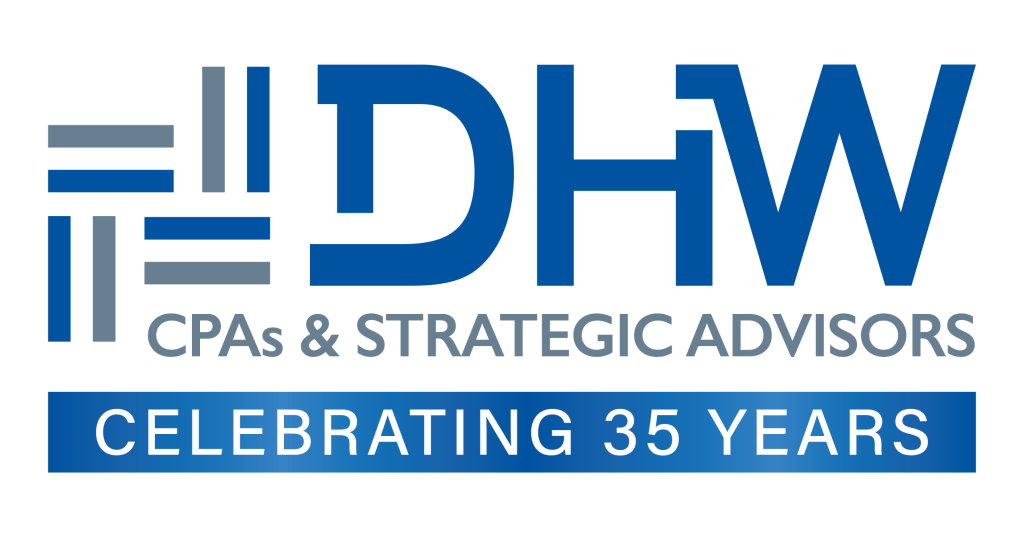On November 18, 2021, Governor Cooper signed NC Senate Bill 105, which includes a provision allowing passthrough entities to elect to pay North Carolina state income tax at the corporate level rather than passing the tax liability on to the shareholders. This election applies to partnership and S corporation returns for tax years beginning on or after January 1, 2022.
Background
The Tax Cuts & Jobs Act (TCJA) enacted by the Trump Administration effective for the tax year 2018 and forward limited, the ability of individual taxpayers to deduct their state income taxes on their federal income tax returns by imposing a limit on state tax deductions of $10,000 annually. For many individuals, especially those in states with higher income tax rates, this change severely limited their single largest tax deduction item. In response to the law, some states have passed legislation that allows taxpayers to make an election to allow a passthrough entity (partnership or S corporation) to be taxed on the entity’s income directly rather than passing it down to the individual shareholder level. The logic behind this change relates to the fact that the current $10,000 deduction limitation only applies to individuals. Thus, a business paying the state tax receives a full deduction for the tax expense, which results in a lower amount of overall income ultimately passing to the shareholders, thereby “restoring” a full deduction for the state income tax.
Eligibility Requirements & Making the Election
The election is available only to partnerships and S corporations. Additionally, the only eligible partnerships are those that have shareholders comprised exclusively of individuals, estates, or trusts. For example, a partnership owned by other partnerships would not qualify for the election; only the lowest tier partnerships owned by taxpaying entities (individuals, estates, or trusts) are eligible to make the election.
S corporations are not subject to the same restrictions regarding shareholders. However, for S corporations that have individual owners in multiple states and file composite tax returns on behalf of nonresident shareholders, if an S corporation desires to make the PET election, the entity is not allowed to also file composite tax returns for nonresidents. As such, the cost and benefit must be weighed in each case when choosing how to proceed.
The election is made on a timely filed annual tax return. Once made, the election is irrevocable for that taxable year. Since the election is annual, this provision offers flexibility regarding making the election in years with strong earnings when a significant amount of state tax will result, but not making the election in years of small amounts of income or when a loss is expected. Consulting with your tax advisor on an annual basis should be considered to ensure the election is made when most beneficial to the organization.
Tax Rate and Estimated Tax Payment Requirements
The tax rate applicable to the PET election is 4.99%, which is the same tax rate as applied to 2022 individual tax returns. Since the rate is equal, there is no increase in tax liability as a result of making the election. The electing entity must make estimated tax payments as if the entity were a C corporation if the total tax liability is anticipated to be $500 or more for the year. Assuming the passthrough entity files on a calendar year, the due dates for the quarterly estimates are April 15, June 15, September 15, and December 15. For the April and June 15 payments, the amounts computed must be based on at least 3 months of financial information; for the September 15 payment, 6 months of information must be used, and 9 months must be used for the December 15 computation. If more recent information is available than the prescribed 3/6/9 months, taxpayers are allowed to use that instead; the 3/6/9 method is the minimum allowable to remain compliant with safe harbor quarterly calculation requirements. The estimated tax payments should be remitted using NC Form CD-429.
Results Effect on Individual Tax Returns
After making the election, the business entity will report the taxable income and pay the associated tax at the corporate level, rather than passing the income through to the shareholders on the Schedule K-1. As a result, shareholders receiving K-1s from entities who have made the election will now deduct their share of the passthrough income from their NC individual income tax return. This deduction is necessary so the state does not tax the income twice: both at the entity and individual levels.
For more information on the PET election or to discuss how this election may impact your business and individual taxes, please contact Matt McKinney at 828-322-2070 or mattm@dhw.cpa.

